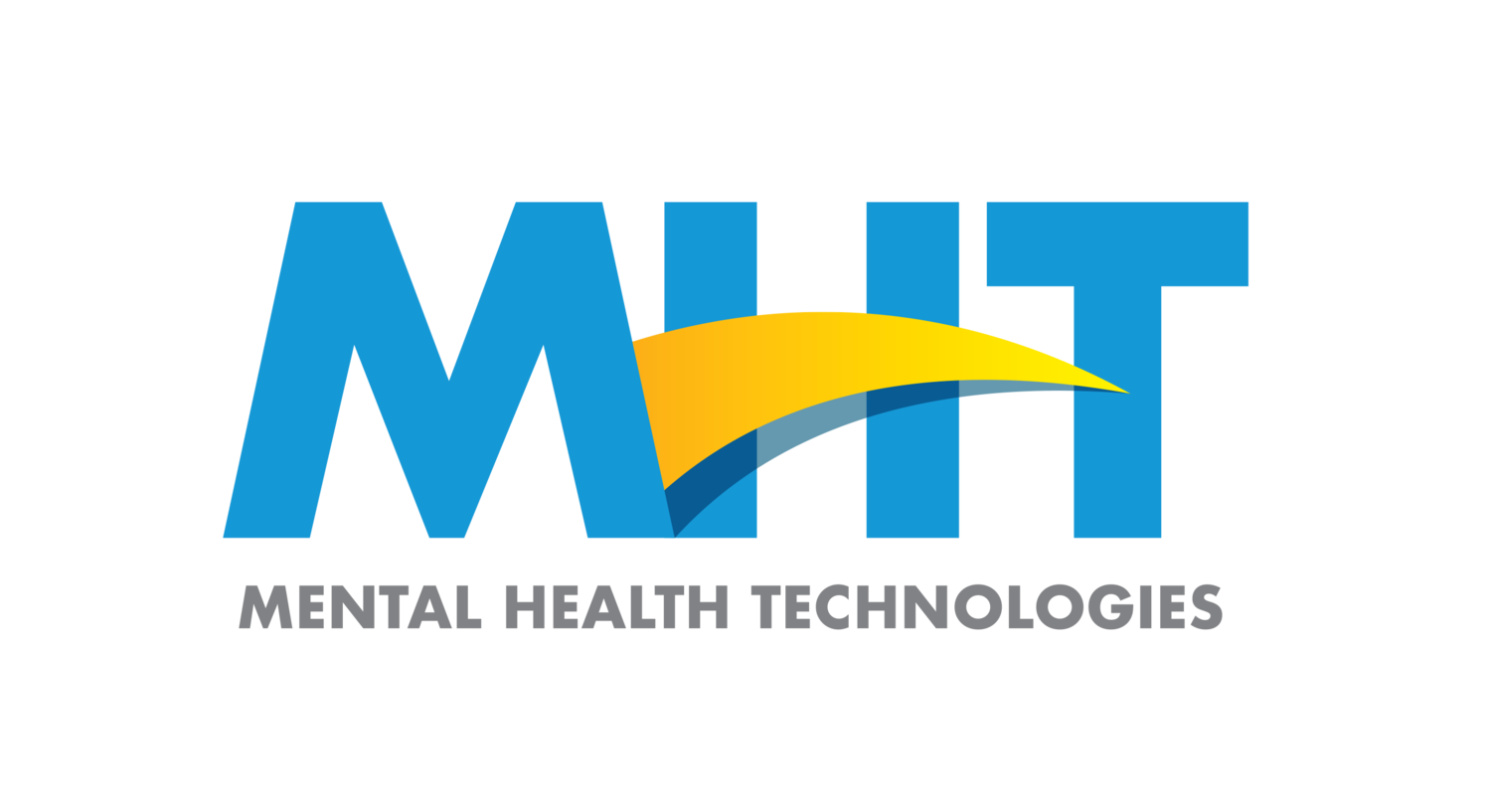ADHD Impacts One in Ten Children. Here’s What to Know
Attention-deficit/hyperactivity disorder—more commonly known as ADHD—is one of the most pervasive mental health issues in our society. Given the pervasiveness of diagnoses by doctors and medications prescribed, many parents, and children, are confused with how to deal with ADHD or even start the conversation.
About six million children, nearly 10% of those aged 3-17, were diagnosed with ADHD between the years of 2016 and 2019, according to the CDC. Often, it doesn’t stop there: 60% of children with ADHD had at least one other mental, emotional or behavioral disorder, according to a national survey of parents in 2016. Some problems are more common than others. Half of children suffering from ADHD also had a concurrent behavior or conduct problem, while 30% had anxiety.
One of the unique aspects of ADHD is how important the medication component is addressing symptoms. Medication is the single most effective treatment for reducing ADHD symptoms, according to the National Institute of Mental Health. More than two-thirds of children currently diagnosed with ADHD received medication for it. Drugs such as Adderall and Ritalin are commonplace among school-aged children.
So if you’re a parent, or a child struggling with attention and hyperactivity, it’s difficult to identify what exactly is going on. And of course, it can be very hard to manage without the proper treatment.
If you have the sense that your child has ADHD, you may be wondering how exactly to have that conversation. A child can be evaluated for ADHD beginning at age four, per Children and Adults with Attention-Deficit/Hyperactivity Disorder (CHADD). Some children are evaluated in kindergarten or first grade, though many parents wait until symptoms are causing difficulties at home and in school before seeking an evaluation.
Parents with even a bit of concern should talk with their child’s healthcare provider, who can perform an evaluation or send the parents to a specialist.
A complete evaluation may include:
Interviewing the parent and child
Reviewing family medical history
Parent- and teacher-completed child behavior rating scales
Parent self-reports of parenting style
Spending time with the child to observe behavior
Clinic-based psychological tests
Review of school and medical records
Intelligence testing, educational achievement testing, or screening for learning disabilities
A medical, physical, or neurodevelopmental screening to rule out other conditions
Vision and hearing screening, as well as formal speech and language assessment
Considering the sensitivity of many components of the evaluation, and that it can be conducted on children as young as four, it’s understandable for parents to be heavily involved. Mental Health Technologies specifically built in an alternate response function to our mental health platform for this reason.
Mental Health Technologies aims to help primary care physicians, mental health providers and other healthcare specialists identify, track, refer and bill for mental conditions. Through our alternate responder function, parents, teachers, guardians can fill out the Vanderbilt assessment on behalf of their child.
Because MHT is built for healthcare clinics of all types, we allow for up to five different responders to be added for a patient in the system. And it’s easy to use for teachers or parents: Assessments can be completed on a mobile phone, via email or through an in-clinic device.
Our platform can track if patients are improving or regressing in certain areas as they begin treatment, providing an effective means for monitoring symptom relief. For clinicians, we can help you send patients assessments, upload results into your EHR, notify you of high-risk answers and make referrals on your behalf.
MHT also tracks & uploads subsequent test results performed by referred specialists. To learn more about how the MHT service works, contact us here, today.
Resources:
https://www.cdc.gov/ncbddd/adhd/data.html
https://www.nimh.nih.gov/health/statistics/attention-deficit-hyperactivity-disorder-adhd
https://chadd.org/for-parents/evaluating-for-childhood-adhd_qf/
https://chadd.org/for-parents/evaluating-for-childhood-adhd_qf/
https://nichq.org/sites/default/files/resource-file/NICHQ-Vanderbilt-Assessment-Scales.pdf
https://www.mhtech.com/blog/primary-care-on-the-front-lines-of-behavior-health-inclusion-of-mental-health-assessments-during-annual-physicals#:~:text=However%2C%20with%20our-,mental%20health%20assessments,-%2C%20these%20tests%20can

